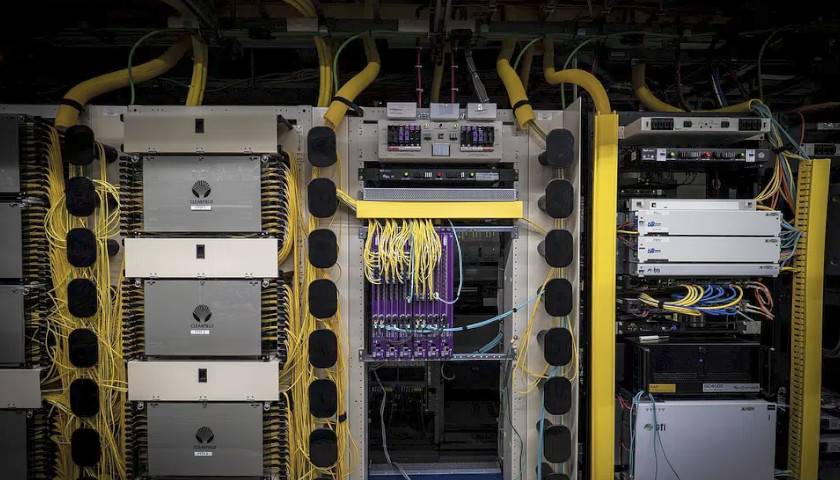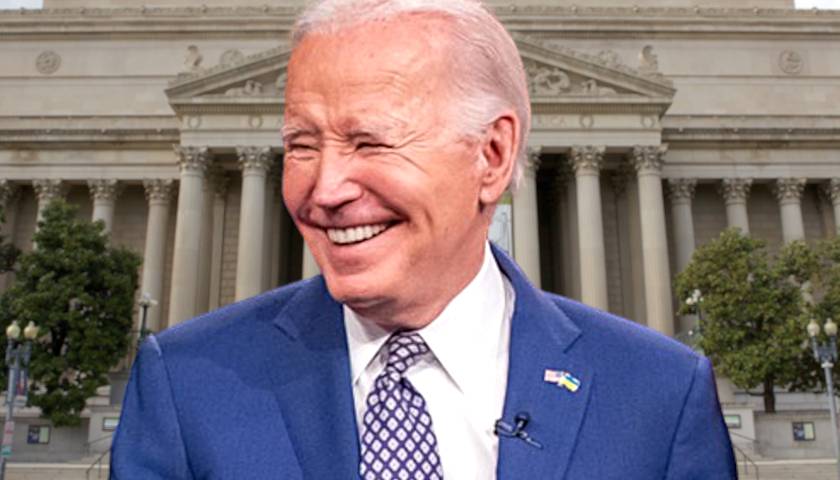by Morgan Sweeney
Virginia’s Director of the Office of Broadband, Tamarah Holmes, spoke this week at the National Conference of State Legislatures’ annual legislative summit about the benefits and challenges of the federal government’s Broadband Equity Access and Deployment Program.
The BEAD Program apportions $42.5 billion to the states to develop programs to deliver high-speed internet access to areas without an internet connection or where the internet functions more slowly.
Virginia received $1.48 billion for the BEAD Program.
Holmes spoke in a panel with broadband project leaders from Mississippi and Kansas, Sally Doty and Joseph Le.
The commonwealth has already been working on expanding broadband access since 2017 via the Virginia Telecommunication Initiative — which Holmes has overseen since 2019 – and which has to date, according to Holmes, received $935 million in state and federal funding, partly through pandemic relief funds.
As a result, Virginia is deep into the project, while, by contrast, Kansas’ Office of Broadband Development employed only two people last year.
Though happy about the amount Virginia was awarded, Holmes explained that accessing and utilizing BEAD funding to meet the state’s unique needs is challenging.
“I have 21 years of federal grants experience, and … this is probably the most burdensome federal program that I will administer in my career,” Holmes said.
BEAD funding goes directly to the private sector, though public-private partnerships have been foundational to the commonwealth’s initiative strategy for broadband deployment thus far.
“One of the challenges will be still incentivizing local coordination and involvement of local governments,” Holmes said. “We’ve had a program that’s been successful for six cycles… Making [that program] fit into the BEAD program is like a square peg and round hole for us.”
BEAD also restricts how its dollars can be spent and elevates some broadband delivery methods above others.
“BEAD does have a preference for fiber — which is considered the gold standard. However, we have hollers and mountains in Virginia, so fixed wireless and other technologies may be a solution,” Holmes said.
She emphasized the importance of continuing state general funds – alongside BEAD dollars – for broadband expansion efforts, as state monies will allow the commonwealth more choices in its technologies.
Lastly, Holmes called for better communication between the states and the Federal Communications Commission regarding FCC auctions, where organizations bid on and are selected to implement government projects.
Holmes expressed disappointment with auction results for the Connect America Fund Phase II Model and the Rural Digital Opportunity Fund, which are in progress now — or should be.
The auctions for CAF II and RDOF were reverse auctions, meaning that the FCC offers the projects to the lowest bidders — those who claim to be able to do the job at the lowest cost.
This led to the FCC choosing providers that “didn’t have a presence in our state” and haven’t fulfilled project obligations, according to Holmes.
“While these providers have not officially defaulted, they’ve technically defaulted based on their initial milestones from the FCC,” Holmes said. “We have parts of Virginia where CAF II still has not been built out by providers who won these auctions back in 2018.”
Holmes underscored that BEAD grants limit states’ involvement in auctions, which could lead to similar outcomes for this program.
If Virginia can effectively deploy BEAD dollars despite some of the program’s limitations, then Holmes believes the funding will go far.
“We will actually be able to commit all the funding that’s needed to make sure that every home, business and community anchor has access to universal broadband with $1.48 billion — and have money left over to really look at adoption and affordability, which is important as we look at subscribership.”
Doty and Le, whose states received less BEAD funding than Virginia, believe they will have shortfalls of $100 million and $300 million, respectively.
– – –
Morgan Sweeney is a staff writer covering Virginia and Maryland for The Center Square. Morgan was an active member of the journalism program as an undergraduate at Hillsdale College and previously freelanced for The Center Square.




